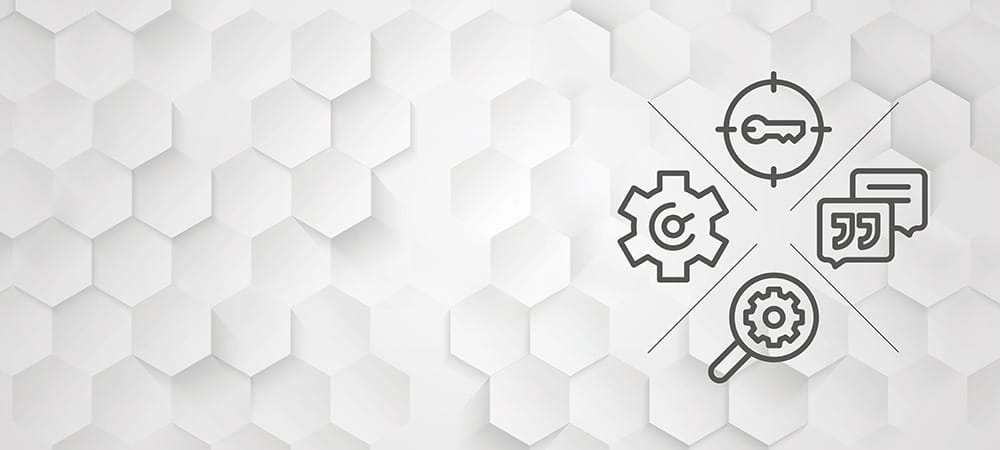![[shutterstock: 255991525, Comaniciu Dan]](https://e3mag.com/wp-content/uploads/2021/04/shutterstock255991525ComaniciuDan.jpg)

Just under a third of companies in Germany record annual data growth of between 31 and 60 percent, and another six percent even significantly more. This is shown by a survey conducted by IDC among IT and business decision-makers from 261 companies with more than 100 employees in Germany.
The market researchers surveyed the participants in December 2020 on the topics of storage, data management and data governance. The central point of criticism is inadequate data quality. 37 percent of respondents complain that they are not in a position to guarantee high data quality.
By this they mean the collection of all relevant data and the data context as well as the areas of data governance and data security. The very dynamic and heterogeneous data environment requires new solution approaches in the companies, for example the introduction of a uniform data management platform.
By consolidating into one data management platform, organizations no longer need to copy data multiple times between individual appliances. Data management, security, search and analytics become much easier when done on one platform. It can also help automate data archiving.
To meet data minimization requirements, backup administrators can use automated policies to set retention periods for data. Data can then be automatically retained and deleted or expire based on these policies.
Many companies also use or plan to use the public cloud for data storage. However, the GDPR restricts the list of locations and providers to which personal data may be transferred. A centralized platform enables replication of data across clusters and to the cloud, as well as archiving of data to the cloud or to any NFS- and S3-compatible storage. Data in the cloud can be encrypted, indexed, and analyzed to ensure compliance with the GDPR regardless of location.






